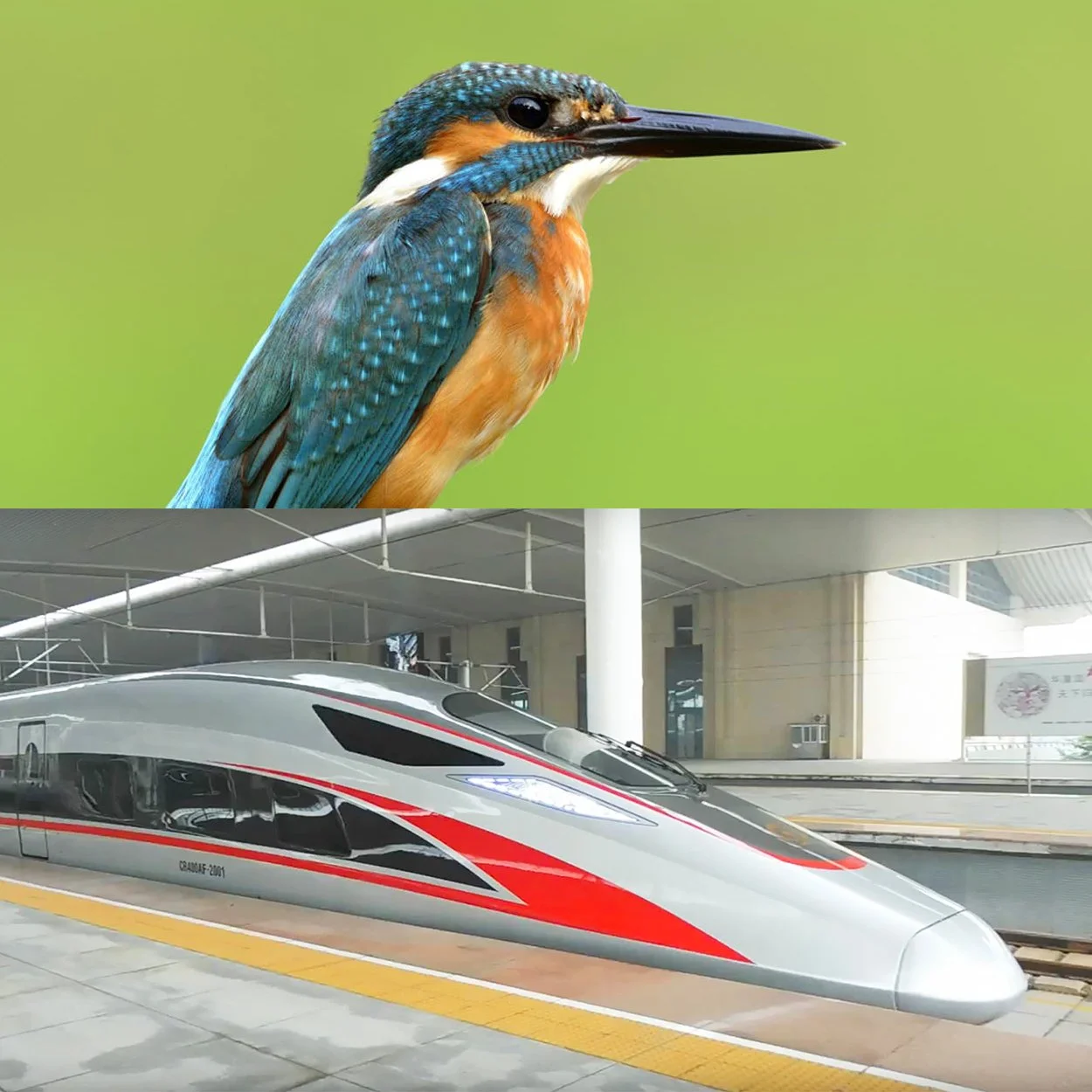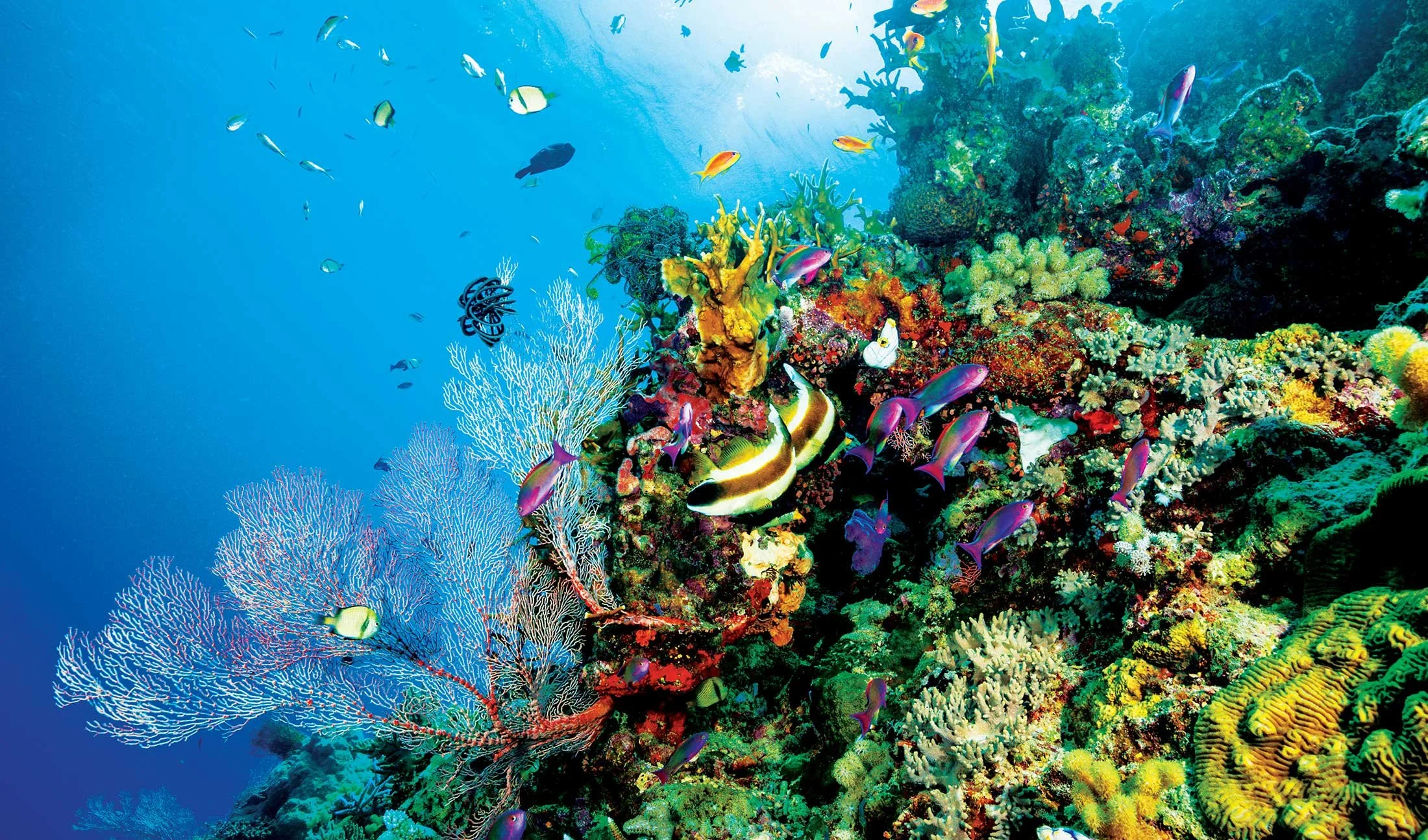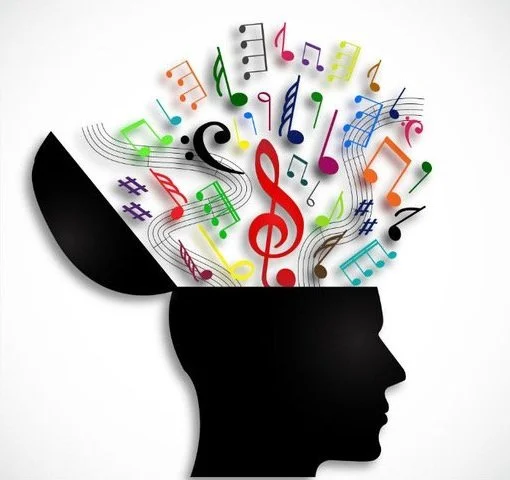biomedical
I have a Master’s degree in biomedical engineering and worked in R&D at various medical device companies. Among my projects were a computer-assisted navigation system for neurosurgery, implantable skull markers for CT and MRI imaging, a laser treatment for coronary artery disease, and catheter-based systems to fill cerebral aneurysms. I also studied biomaterials, looking for ways to keep implants free from infection and blood clots. I have been awarded 17 patents over my career as an inventor.
biomimcry
I fell in love with biomimicry in 2006 and I've been involved ever since. I've traveled to Costa Rica for a Biomimicry Design immersion workshop, been a judge in several global design challenges, consulted for the Biomimicry Institute, and I am currently doing graduate work in this emerging field. From designing a wind turbine blade to emulating a whale fin, redesigning the shape of the bullet train like a kingfisher beak, or studying a leaf to make a better solar cell, innovation inspired by nature just makes sense. I hope that bio- inspired design becomes the norm for innovators. I am now working to enhance AskNature.org, a database highlighting the brilliant strategies of thousands of organisms that inspire solutions to human challenges
marine biology
As a docent for the marine exhibits at California Academy of Sciences, I have deepened my love of the ocean and its incredible sea creatures. From the impossibly elaborate leafy sea dragons to the octopus as a master of disguise, what lies underwater is truly incredible. Abalone grow their own protective shells with only proteins and sea water at ambient temperature, whereas humans must fire ceramics at 1200 degrees Fahrenheit to get a similar material. Nature is amazing. Getting people excited about the ocean will help motivate broader conservation efforts. As a scuba diver, I recognize the importance of coral reef health and I hope to become more involved in coral reef restoration efforts.
music and memory
The neuroscience of music has always fascinated me. After seeing the film Alive Inside, I became involved in projects that use music to spark memories in people suffering from Alzheimer's disease. Music affects the entire brain and can utilize alternate pathways to memories when language cannot. It has been shown that patients with memory loss who listen to music regularly can tap into specific memories that are associated with familiar songs. It’s as if music is the key to unlock the brain.



